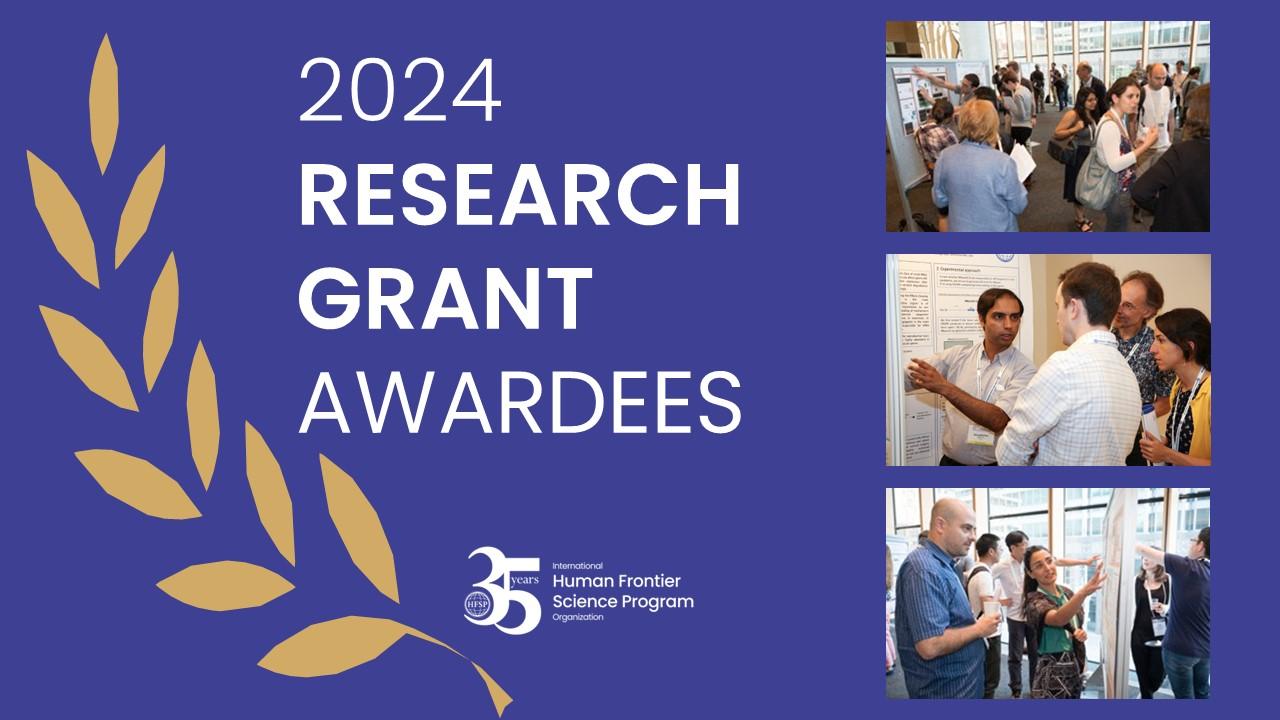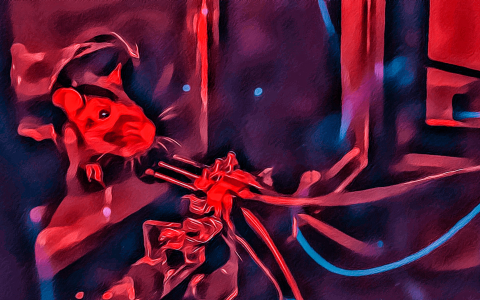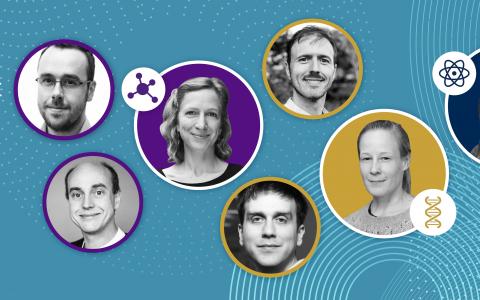
Emergence of collective intelligence collaboration awarded research grant
Human Frontier Science Program to fund research by SWC/GCNU Group Leader and collaborators on understanding human behaviour through AI agents
Professor Andrew Saxe and collaborators have been awarded a Human Frontier Science Program (HFSP) Research Grant. The funding, which will cover research on the emergence of collective intelligence and the factors that enhance it, has been awarded to:
- Miguel Ruiz-Garcia, Depto de Estructura de la Maeria, Física Térmica y Electrónica, Universidad Complutense de Madrid, Spain
- Erin Teich, Dept of Physics, Wellesley College, USA
- Andrew Saxe, Gatsby Computational Neuroscience Unit and Sainsbury Wellcome Centre, University College London, UK
- Markus Spitzer, Dept of Psychology, Martin Luther University Halle-Wittenberg, Germany
“We are delighted to receive a HFSP Research Grant. This funding will enable us to examine the fundamental principles of how humans and other animals work in groups to collectively solve problems. We hope our findings will have implications for fields such as swarm robotics, social behaviour in animals, and decision making in organisations,” explained Dr Saxe, joint SWC and GCNU Group Leader and HFSP Research Grant recipient.

The HFSP Research Grant will provide $1,500,000 USD to the group over three years. As a result of the grant, Dr Saxe is looking to recruit a new postdoctoral researcher to join his lab. Commenting further on the funding, Dr Saxe said, “I am excited to pursue this new area with more resources and team members, and to see what comes from combining some very different methodologies.”
Led by Miguel Ruiz-Garcia at Universidad Complutense de Madrid, the team will study groups of humans completing game-based tasks and model their behaviour using techniques from the intersecting disciplines of artificial intelligence, neuroscience, and complex systems.
This collaborative approach is strongly encouraged by HFSP who seek scientists forming internationally collaborative teams who have not worked together before and who are engaging in work for which they have no preliminary data. In this regard, HFSP fosters frontier research and science diplomacy.
“Excellence isn’t enough for us – we support research to explore whole new vistas in life science,” said HFSP Chief Scientific Officer Guntram Bauer. “HFSP research grants are among the most competitive and coveted awards, and this year’s awardees are impressive.”
The team plan to study how collective intelligence is affected by the replacement and renewal of participants within each game, the addition of predators and other threatening factors, the overall diversity of the group in terms of participant ability, and the participants’ anticipation of each other’s behaviour. This will ultimately allow them to uncover the fundamental principles leading to the emergence of collective intelligence in groups of humans.
- To find out more about the funded project, please visit the 2024 HFSP Research Grant Awardees
- To find out more about Dr Saxe and his research, please visit the Saxe Lab page
About HFSP
The Human Frontier Science Program is a program of funding for frontier research in the life sciences. It is implemented by the International Human Frontier Science Program Organization (HFSPO) with its office in Strasbourg.

About Andrew Saxe
Andrew Saxe is a Professorial Research Fellow at the Gatsby Computational Neuroscience Unit and Sainsbury Wellcome Centre. He was previously an Associate Professor in the Department of Experimental Psychology at the University of Oxford.
He completed a Swartz Postdoctoral Fellowship in Theoretical Neuroscience at Harvard University with Haim Sompolinsky, and completed his PhD in Electrical Engineering at Stanford University, advised by Jay McClelland, Surya Ganguli, Andrew Ng, and Christoph Schreiner. His dissertation received the Robert J. Glushko Dissertation Prize from the Cognitive Science Society.
His research focuses on the theory of deep learning and its applications to phenomena in neuroscience and psychology. He was awarded a Sir Henry Dale Fellowship from the Wellcome Trust and Royal Society, and the Wellcome-Beit Prize. He is also a CIFAR Azrieli Global Scholar in the CIFAR Learning in Machines & Brains programme.
Media contact:
For more information or to speak to Andrew Saxe, please contact:
April Cashin-Garbutt
Head of Research Communications and Engagement, SWC
E: a.cashin-garbutt@ucl.ac.uk T: +44 (0)20 3108 8028


